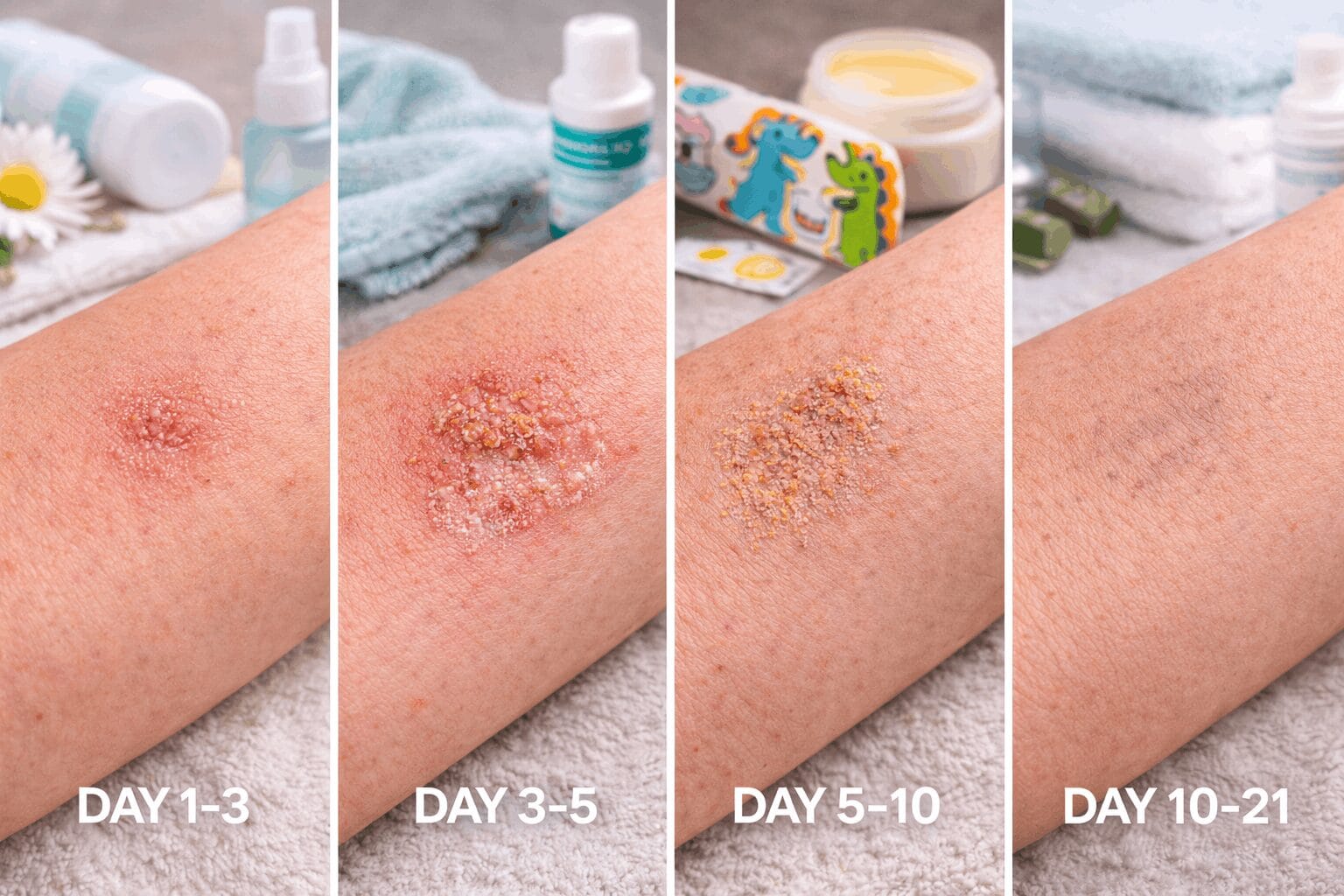If you’ve ever faced persistent sneezing, a runny nose that just won’t quit, or mysterious skin rashes, you might have wondered if an allergist could help. allergists, or immunologists, are experts trained specifically to diagnose and manage allergies, asthma, and other issues related to the immune system. They use their expertise to identify triggers and develop personalized plans that help you live more comfortably. Whether you’re dealing with seasonal allergy triggers, food allergies, or chronic breathing problems, an allergist is your go-to specialist. This guide will explore what allergists do, when to see them, and what to expect from your first appointment.
What does an allergist specialize in?
Allergists focus on conditions that involve the immune system reacting to substances in the environment, such as dust, pollen, or certain foods. Here’s a closer look at some areas where allergists can help:
Seasonal allergies
Pollen from trees, grasses, and weeds can trigger symptoms like sneezing, itchy eyes, and congestion at certain times of the year. An allergist can identify if it’s hay fever or if specific allergens are causing this discomfort and recommend strategies to reduce exposure, such as avoiding outdoor activities during peak pollen times.
Food allergies
Common food allergens include peanuts, shellfish, and dairy. Allergists can test for these allergies using skin prick tests or blood tests, helping you understand what foods to avoid and how to manage reactions. They can also provide emergency plans in case of life threatening situations, like how and when to use an epinephrine auto-injector.
Asthma management
Asthma, characterized by wheezing, shortness of breath, and a tight feeling in the chest, can often be triggered by allergens such as pet dander. Allergists can help manage asthma symptoms by identifying triggers and prescribing medications, such as inhalers, to improve breathing.
Skin conditions
Eczema, hives, and contact dermatitis are conditions that can cause itching, redness, and irritation. An allergist can determine whether these are triggered by allergens and recommend treatments to soothe the skin.
Immune system disorders
For people who suffer from frequent sinus infections or have a weakened immune system, an allergist can provide specialized testing and treatments to strengthen immunity and reduce the frequency of infections. This helps improve their quality of life.
By focusing on these areas, allergists provide targeted solutions, helping you to feel better and enjoy life with fewer symptoms.
When to see an allergist
It can be hard to know how many types of allergies you may have and when your symptoms require a specialist’s care, but there are some clear signs that it’s time to see an allergist who’s certified by the american board of allergy and immunology. Here’s what to watch out for:
Persistent sneezing, runny nose, or itchy eyes
If you find yourself battling these symptoms regularly, especially during certain seasons, you might have allergies that an allergist can pinpoint. They can identify what’s triggering your reactions and recommend treatments or lifestyle changes to bring relief.
Unexplained rashes or swelling
If your skin breaks out in hives, redness, or swelling without a clear reason, an allergist may conduct tests, diagnose and treats it if it’s due to a food, insect sting, or environmental allergen.
Asthma symptoms that aren’t well-controlled
Struggling with frequent wheezing, coughing, or breathing issues? An allergist can adjust your asthma treatment plan to keep symptoms under control and help you breathe easier.
Frequent sinus infections or congestion
Chronic sinus problems that don’t improve with regular care may be linked to underlying allergies. An allergist can help identify and address the root cause.
Severe allergic reactions
If you’ve had a serious reaction to a food, medication, or insect sting that caused swelling, difficulty breathing, or a drop in blood pressure, it’s crucial to consult an allergist. They can provide you with an emergency plan and the necessary medication to prevent future reactions.
Seeing an allergist can be a turning point, helping you to manage symptoms that have been holding you back and providing a plan for long-term relief.
What to expect at your first allergist appointment
Visiting a new specialist can be intimidating, but knowing what to expect can help ease the nerves. Here’s a breakdown of what typically happens during an initial visit with an allergist:
Discussion of your medical history
Your allergist will ask questions about your health history, any family history of allergies, and the symptoms you’ve been experiencing. This helps them get a full picture of your situation.
Symptom review
You’ll discuss when your symptoms occur, how long they last, and if they seem to be triggered by specific things, such as foods, animals, or seasonal changes. The allergist may ask you to describe your living environment, which could offer clues about potential allergens.
Allergy testing
To find out what you’re allergic to, your allergist may suggest skin testing or blood tests. A skin prick test involves applying tiny amounts of allergens to your skin to see if there’s a reaction. These tests help identify the specific allergens causing your symptoms, allowing the allergist to customize a treatment plan.
Personalized treatment plan
Based on your test results, the allergist will recommend a treatment plan tailored to your needs. This might include medications, like antihistamines or inhalers, lifestyle changes, or even immunotherapy (allergy shots) for long-term relief.
Education and guidance
The allergist will take time to explain how to use medications properly, avoid triggers, and what to do if you experience an allergic reaction. The goal is to empower you with the knowledge and tools needed to manage your condition effectively.
The first visit to an allergist is about gaining a deeper understanding of your condition and taking the first steps towards improved health and well-being.
Can an allergist help with seasonal allergies?
Seasonal allergies can turn beautiful spring days into miserable experiences, with sneezing, runny nose, and itchy eyes disrupting your routine. An allergist can make a big difference in managing these symptoms by:
Identifying your triggers
They can conduct tests to determine what specifically is causing your allergic reactions—be it tree pollen, grass, or mold spores—so you can take targeted steps to avoid exposure.
Prescribing effective medications
From nasal sprays to antihistamines, allergists can prescribe medications that are more effective than what you might find over-the-counter. This can significantly reduce your symptoms during allergy season.
Allergy shots (Immunotherapy)
If you have severe seasonal allergies, your allergist might suggest immunotherapy. Allergy shots help your immune system become less sensitive to allergens over time, providing long-term relief.
Providing lifestyle tips
Beyond medication, allergists offer practical advice, such as using air purifiers, keeping windows closed during high pollen days, and washing clothes after spending time outdoors.
With an allergist’s guidance, you can enjoy outdoor activities without constantly battling allergy symptoms.
Conclusion
Living with allergies or asthma can be challenging, but you don’t have to face it alone. Allergists bring a deep understanding of immune system reactions and how to manage them, helping you regain control over your health. From pinpointing seasonal allergy triggers to crafting a plan for managing asthma, allergists offer personalized care that makes a real difference.
So, if you’re dealing with persistent symptoms or have experienced a severe allergic reaction, consider reaching out to an immunologist, or allergy specialist. Their expertise can transform your approach to managing symptoms and bring back the comfort and joy you deserve. Remember, “Care for yourself and your loved ones; we’re here to help.





